Venue in Helsinki seeks to combine heritage with expanded public access and modernised facilities
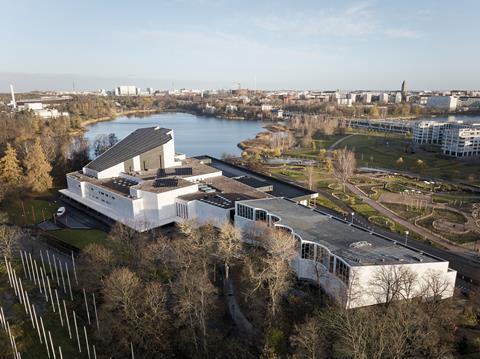
Finlandia Hall, designed by renowned Finnish architect Alvar Aalto and completed in 1971, will reopen on 4 January after a three-year renovation project.
The project was delivered by the local architecture firm Arkkitehdit NRT.
The Helsinki venue will open its doors daily to city residents and tourists, aiming to serve as both an event space and cultural destination.
The renovation modernises the building’s facilities while seeking to preserve Aalto’s original vision.
New features include a restaurant, a café with a terrace overlooking Töölönlahti Bay, and a retail space focused on Finnish design.
For the first time, Finlandia Hall will also offer overnight stays in two restored apartments originally designed by Aalto as staff accommodation. The apartments have been carefully refurbished and furnished with Artek pieces and the building’s original furniture to reflect Aalto’s design ethos.
In June 2025, a permanent exhibition titled Finlandia Experience is scheduled to open. It seeks to provide visitors with an insight into the architectural and creative achievements of Alvar Aalto, alongside the work of his first and second wives, Aino and Elissa Aalto, who were also key collaborators. The exhibition will explore their influence on modern architecture and Finnish design.
Finlandia Hall’s upgrades also extend to its event infrastructure. The main auditorium retains Aalto’s original design while incorporating new technology. The venue aims to attract a broader range of events, from concerts to conferences, with a goal of doubling its pre-renovation annual visitor count of 200,000 by the end of 2025.
Aino Aalto
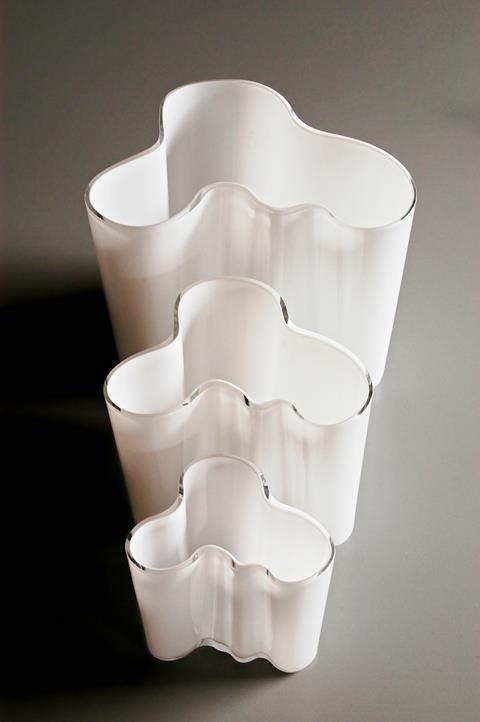
Aino Aalto, born Aino Marsio, was a pioneering architect and designer. She graduated as an architect from the Helsinki University of Technology in 1920 and began working with Alvar Aalto shortly after. The two married in 1924 and developed a highly collaborative partnership. Aino played a crucial role in shaping the Aalto design ethos, particularly through her work on interiors, furniture, and everyday objects.
She was instrumental in the development of Artek, the furniture company co-founded by the Aaltos in 1935, which became renowned for its innovative, functionalist designs. Aino also designed a range of iconic glassware, including the Aino Aalto glass series for Iittala, still in production today. She was deeply involved in many of Alvar Aalto’s architectural projects, contributing significantly to both their design and execution.
Elissa Aalto
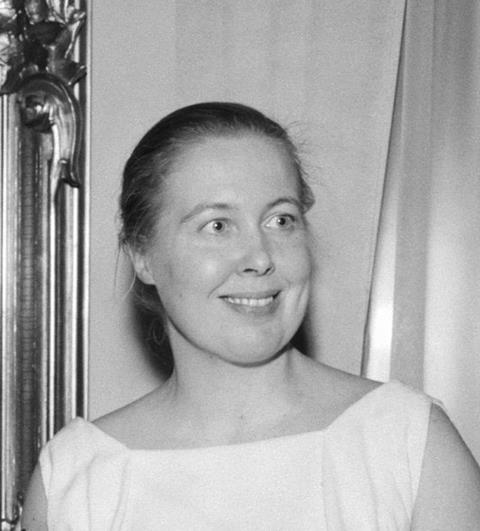
Elissa Aalto, born Elsa Kaisa Mäkiniemi, joined Alvar Aalto’s practice in the late 1940s as an architect. She became his second wife in 1952, three years after Aino’s death. Elissa continued working in the Aalto office, eventually playing a key role in the management and completion of Alvar Aalto’s projects, especially after his death in 1976.
Elissa was instrumental in the realisation of numerous significant projects, including the Finlandia Hall. She also worked on preserving and promoting Alvar Aalto’s architectural legacy, managing the Aalto office’s operations and overseeing many of its later commissions.
Both women were integral to the development of the Aalto design language and were critical in advancing Finnish modernism on the global stage. While often overshadowed by Alvar Aalto’s fame, their contributions are increasingly recognised as vital to the evolution of 20th-century Finish architecture and design.









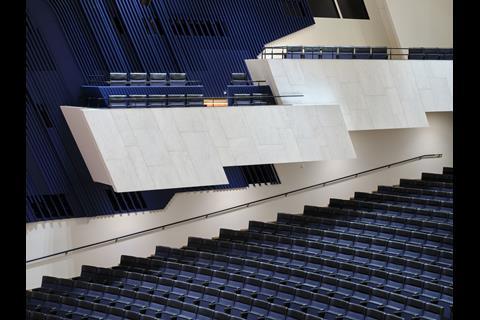
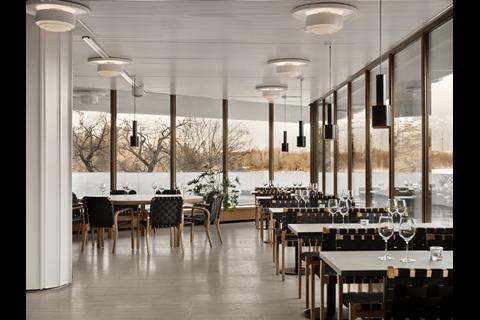
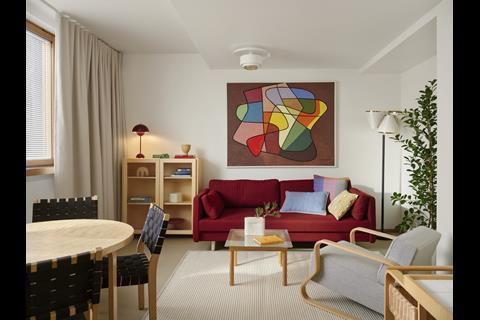







No comments yet